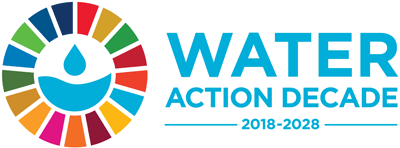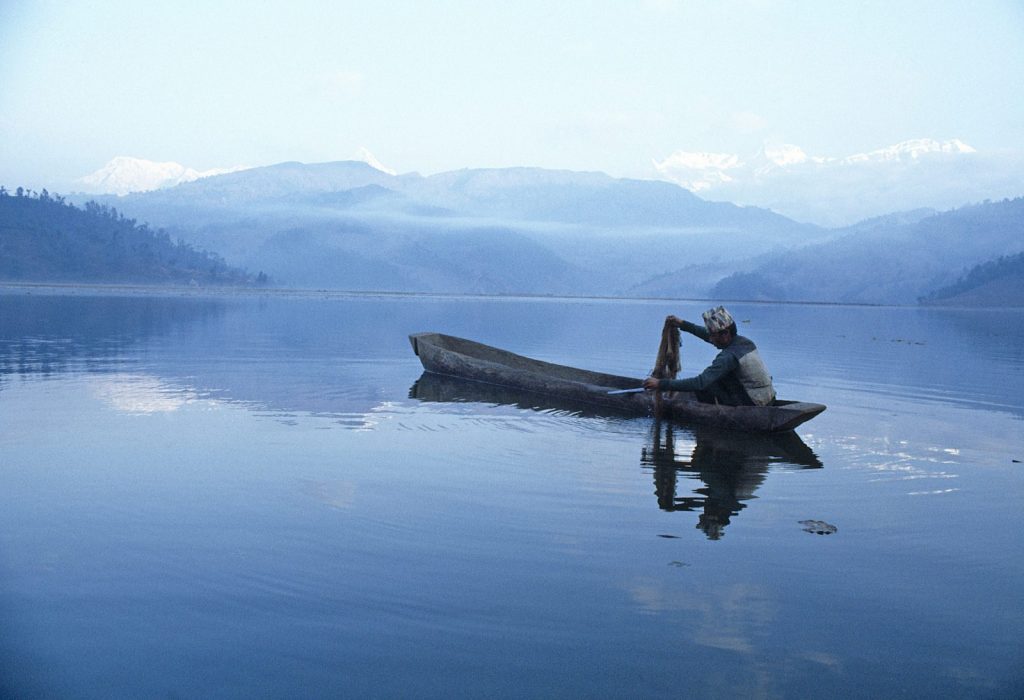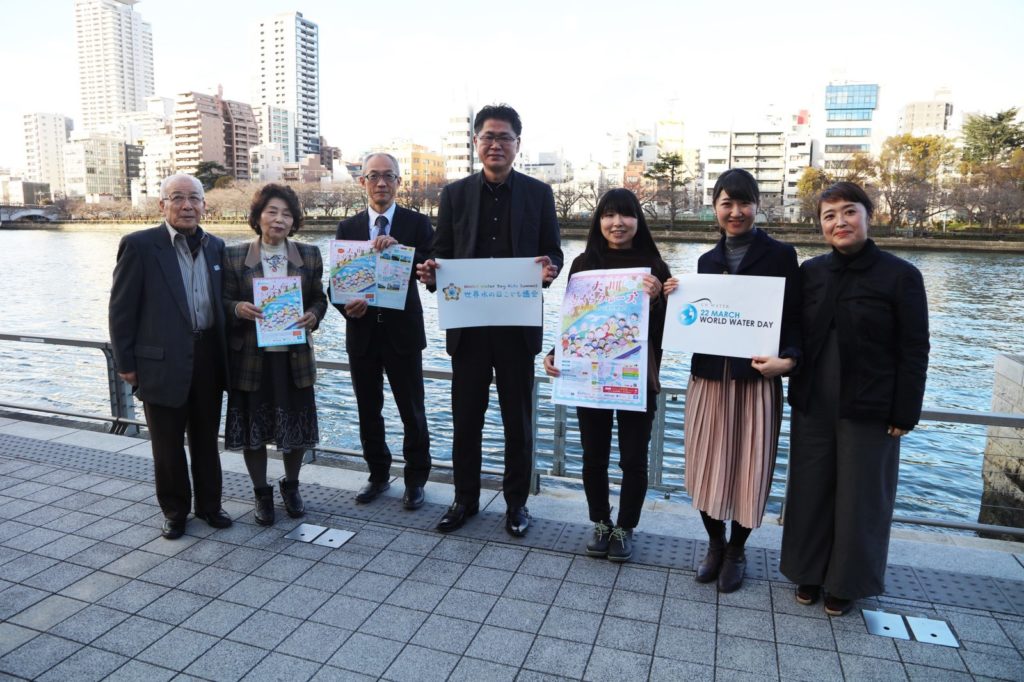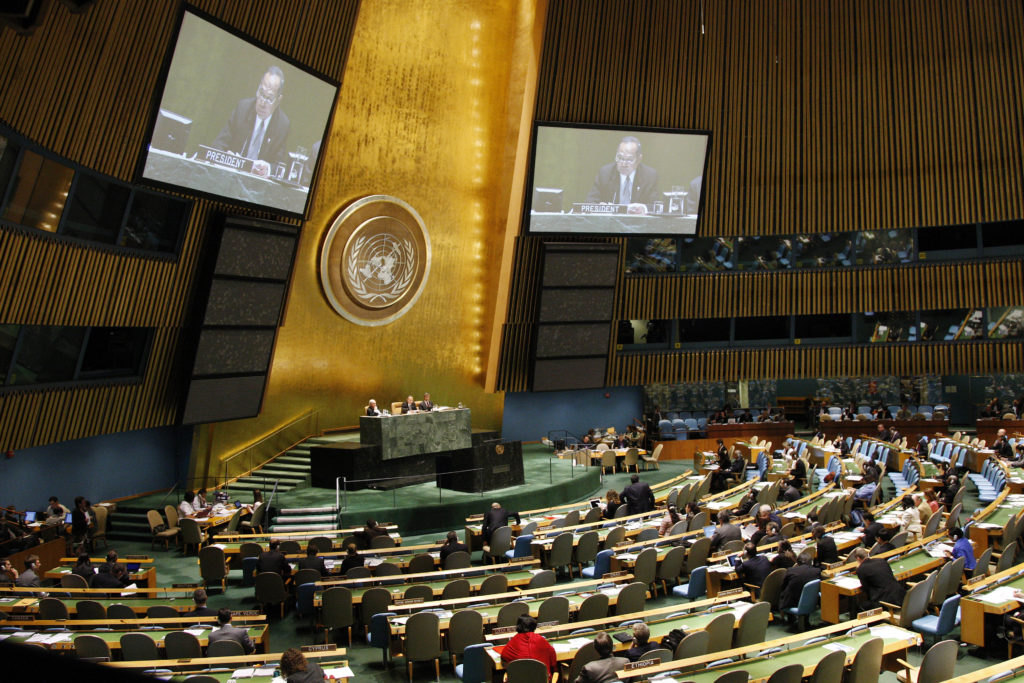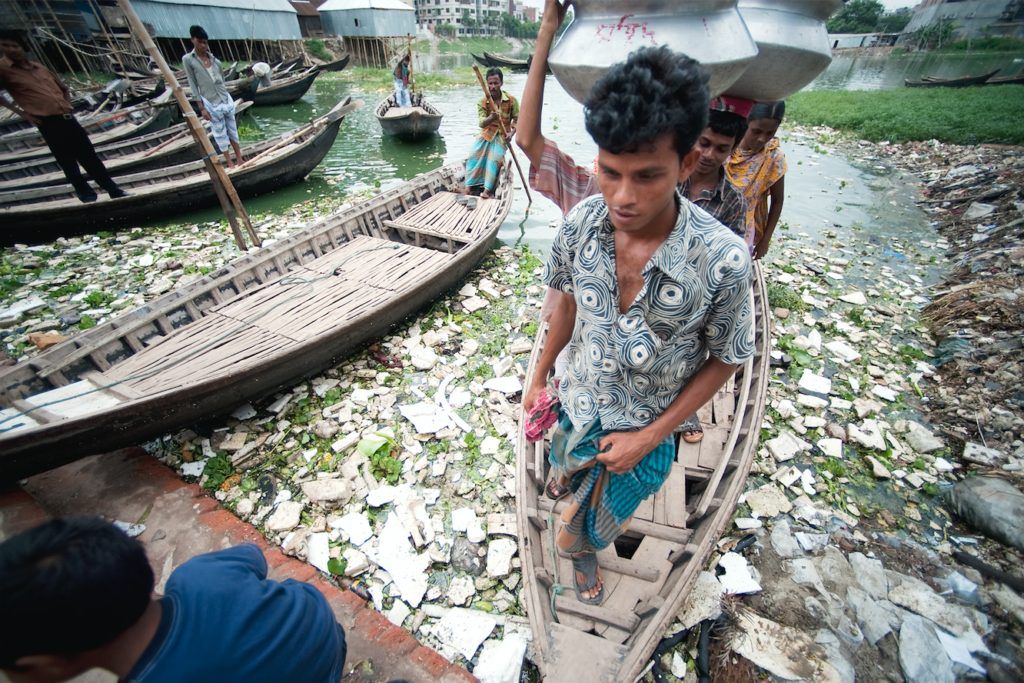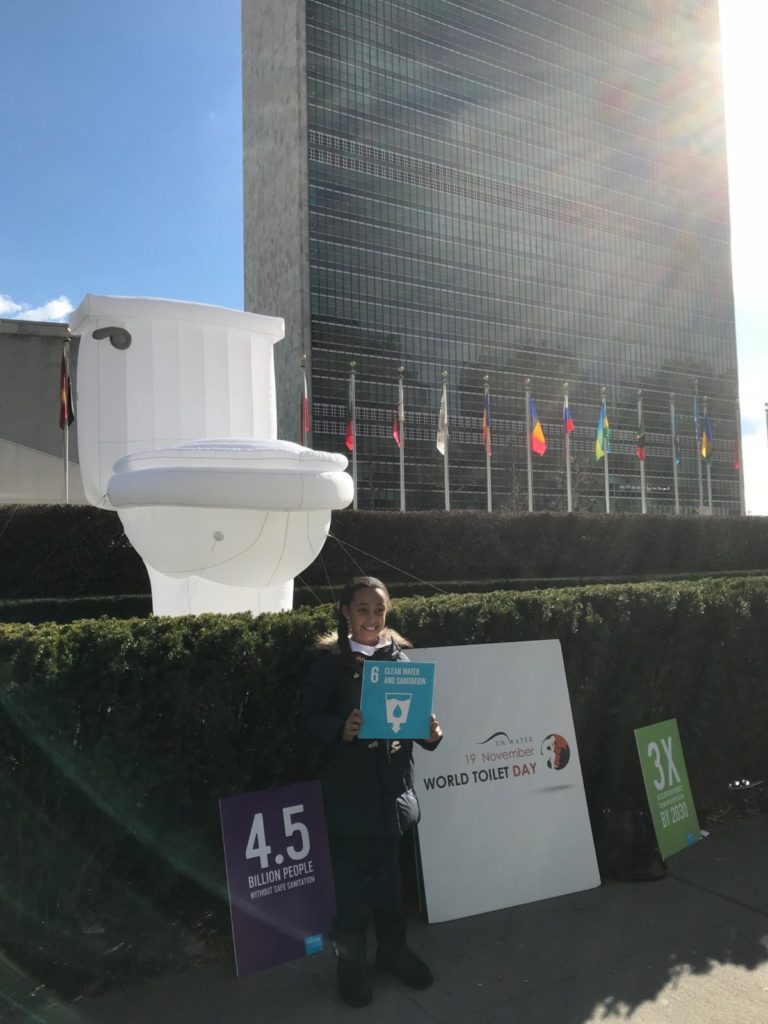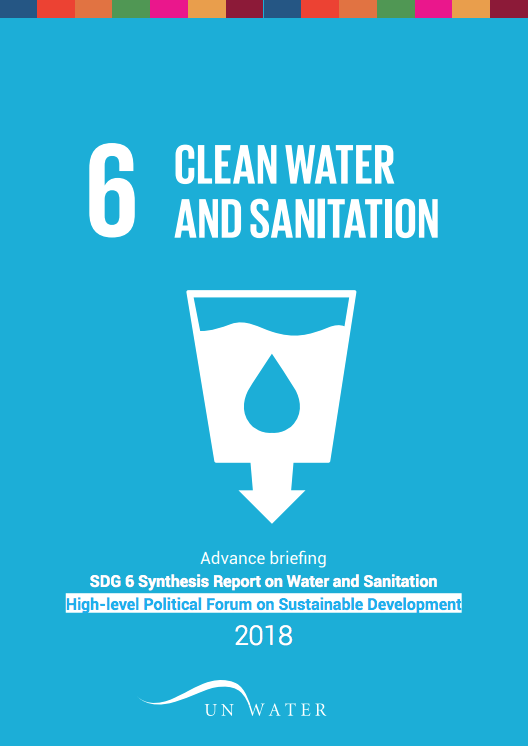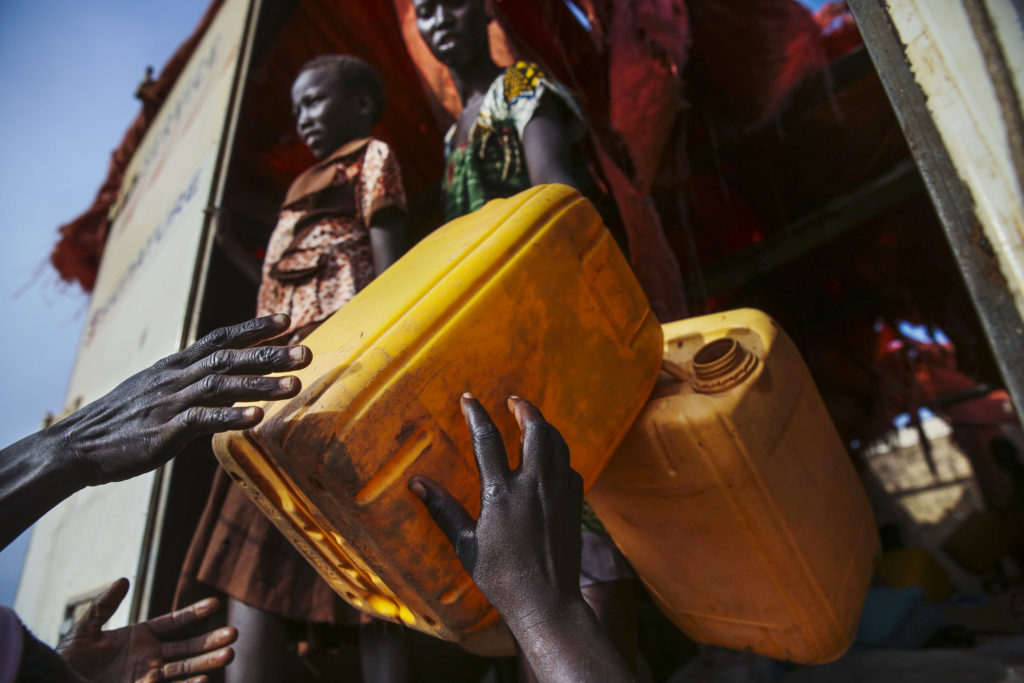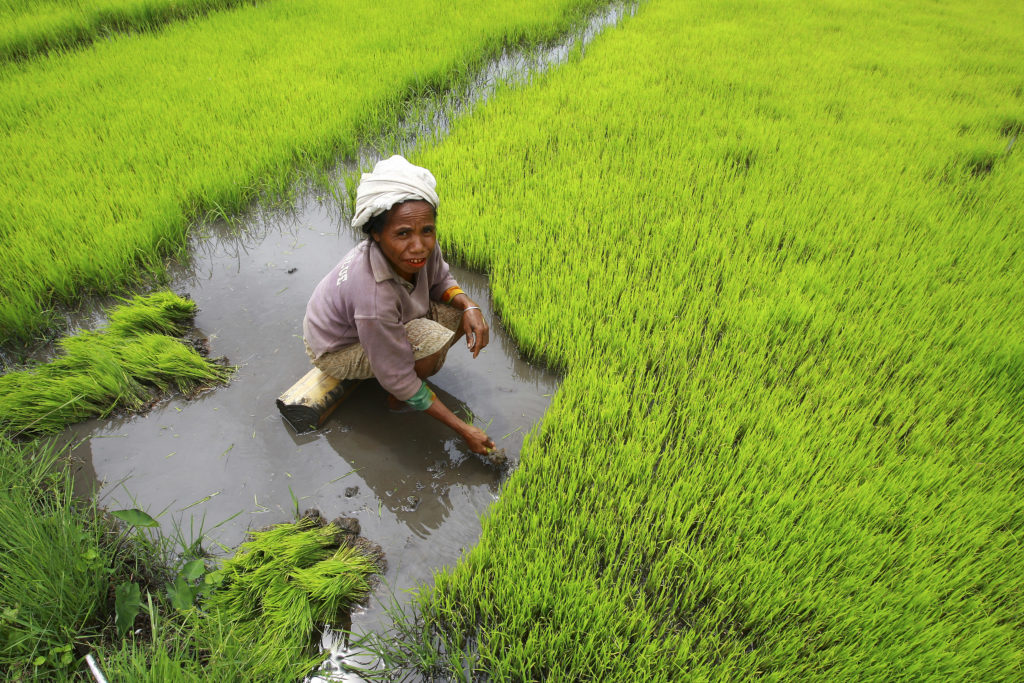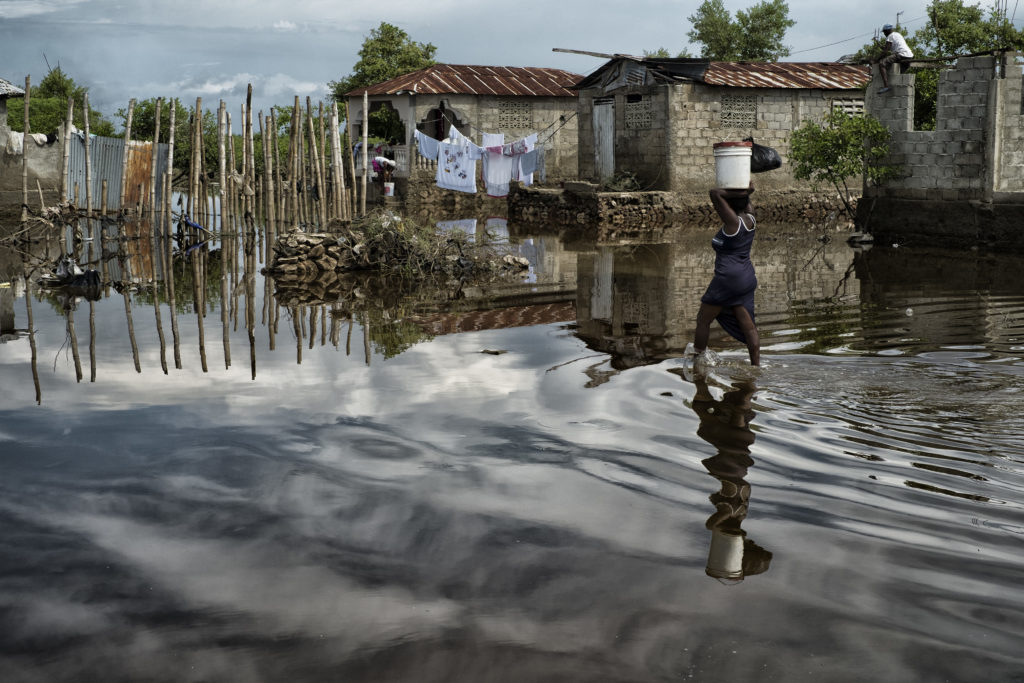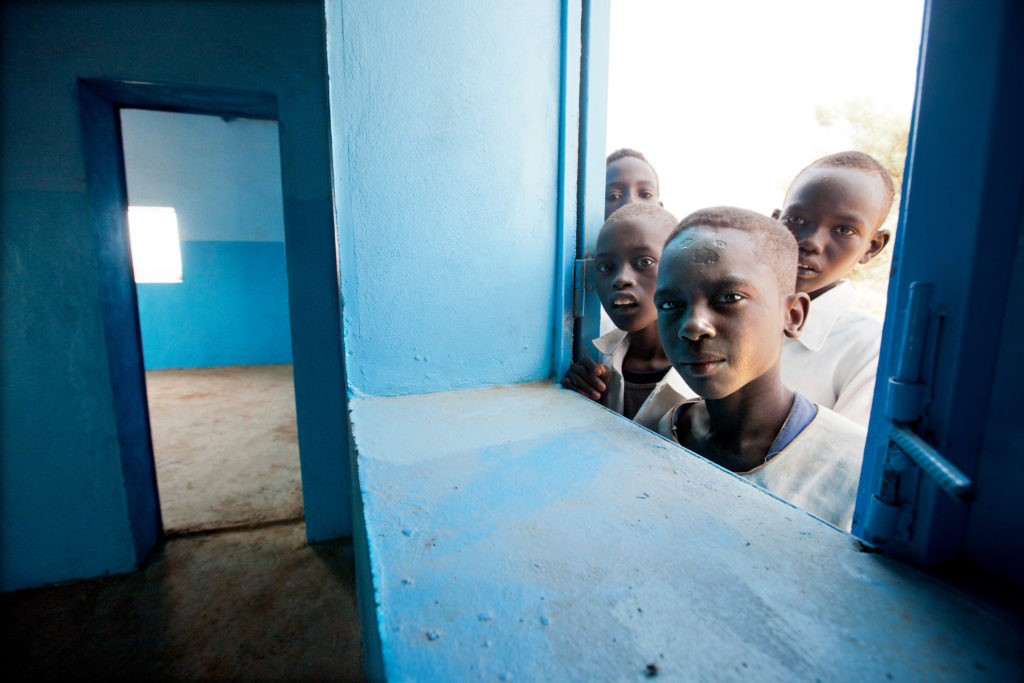The future of freshwater biodiversity
Freshwater ecosystems cover only 1% of our planet but they contain more than 10% of all species - and are essential to life on earth. Healthy rivers, lakes and wetlands are vital to societies, economies and ecosystems. They are life support systems for people and nature. Yet they continue to be undervalued and overlooked by governments...
